In 2019, Ireland became the second country in the world to declare a climate and biodiversity emergency. The declaration followed a landmark report by the United Nations (UN), which found that one million animal and plant species are now threatened with extinction and are declining at rates unprecedented in human history.
This emergency should be of particular concern to farmers, who rely on biodiversity in many ways – bees pollinate crops, earthworms build soil fertility, bacteria and soil biota break down nutrients and birds and insects keep plant pests and diseases in check.
With biodiversity now firmly on the global, national and local agenda, Irish farmers are becoming increasingly aware of the importance of sustainable farming practices to protect, enhance and halt the decline of our native plants and animals.
It is important to acknowledge that many farmers are already taking action at farm level to protect and conserve habitats and wildlife on farms, as well as farming more efficiently.
The National Rural Network Biodiversity Farmer of the Year Award aims to draw attention to this complex issue by celebrating farmers who are farming in a sustainable manner and protecting and enhancing biodiversity on their farms. The award is presented by the National Rural Network (NRN), and is part of the Macra’s FBD Young Farmer of the Year Award.
Seeing biodiversity on my farm and knowing that I am undertaking actions on my farm to help biodiversity thrive gives me a great sense of pride
Alan Doyle, a drystock farmer from Co Kilkenny, won the National Rural Network Biodiversity Farmer of the Year Award in 2019. He says the award meant a lot to him, both professionally and personally.
“Winning both the National Rural Network Biodiversity Farmer of the Year Award and the drystock category in the FDB Young Farmer of the Year competition was important to me.
“Seeing biodiversity on my farm and knowing that I am undertaking actions on my farm to help biodiversity thrive gives me a great sense of pride.”
Alan is involved in a number of Rural Development Programme (RDP) schemes, including the Green Low-carbon Agri-environmental Scheme (GLAS), Beef Data Genomics Programme (BDGP), and Sheep Welfare Scheme.
“I’ve undertaken several environmentally friendly actions on my farm, some of which are supported by the GLAS scheme, including Low-Input Permanent Pasture (LIPP), to encourage reduced fertiliser applications to permanent grass swards, installing bird and bat boxes, which create habitats for roosting, nesting, and shelter, maintaining the traditional drystone walls on my farm, providing a refuge for insects and small mammals and planting new trees and hedgerows, to build on the existing green network for wildlife in the area, as well as providing shelter and shade for my livestock.”
Some of the actions we’ve taken include controlling the vegetation by allowing cattle and sheep to graze the mountain
In addition to the work on his farm, Alan is also involved in the Blackstairs Farming Group, a pilot farming project that works closely with the Blackstairs Future Farming (BFF) project. The BFF is a European project that aims to develop a new revenue stream for upland commonage farmers in the Blackstairs Mountains for the delivery of innovative ecosystem services, while simultaneously improving habitat conditions in the Blackstairs Mountain SAC and adjacent semi-natural habitats.
It was great to get such a positive outcome from it
“Some of the actions we’ve taken include controlling the vegetation by allowing cattle and sheep to graze the mountain. This breaks down vegetation and encourages rejuvenation of the flora. There are many archaeological features present in the upland area, and maintaining fencing is important to preserve these features.”
Alan says the motivation for entering the awards was to challenge himself against like-minded people: “It was great to get such a positive outcome from it.”
The shortlist for the National Rural Network Biodiversity Farmer of the Year Award will be selected from the entries for the FBD Young Farmer of the Year competition, and the winner will be announced at the awards ceremony on 24 November.
For more information on biodiversity, or to join the National Rural Network free of charge, visit www.nationalruralnetwork.ie.




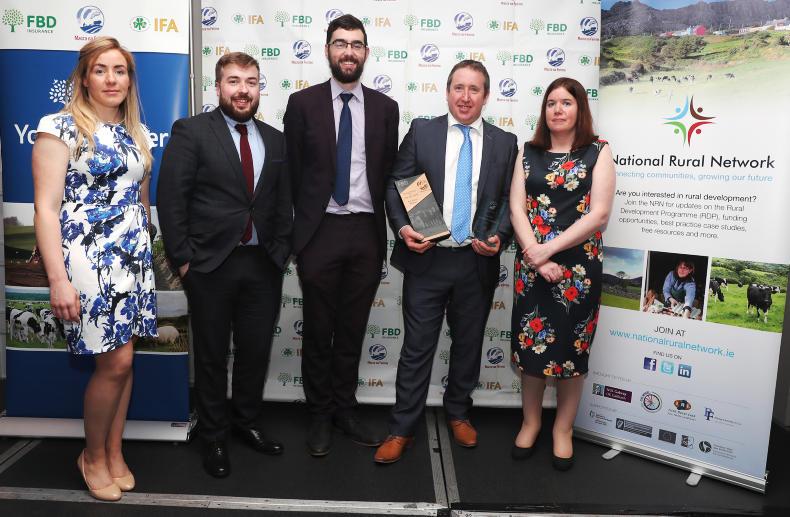
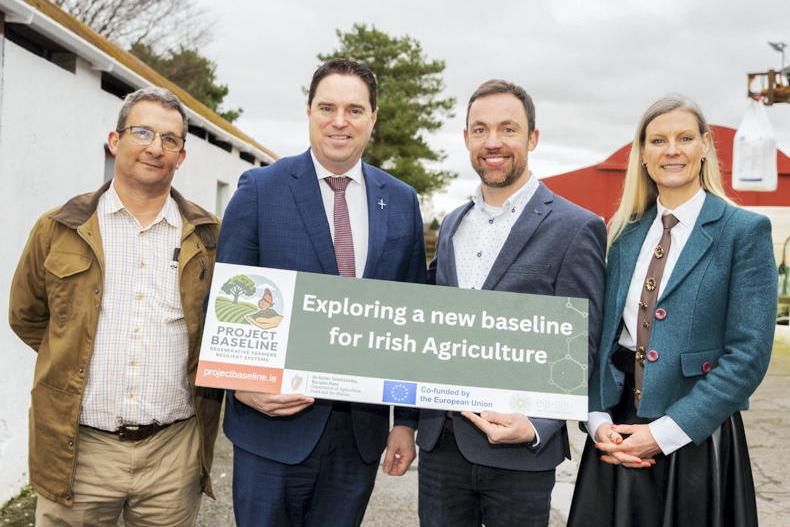
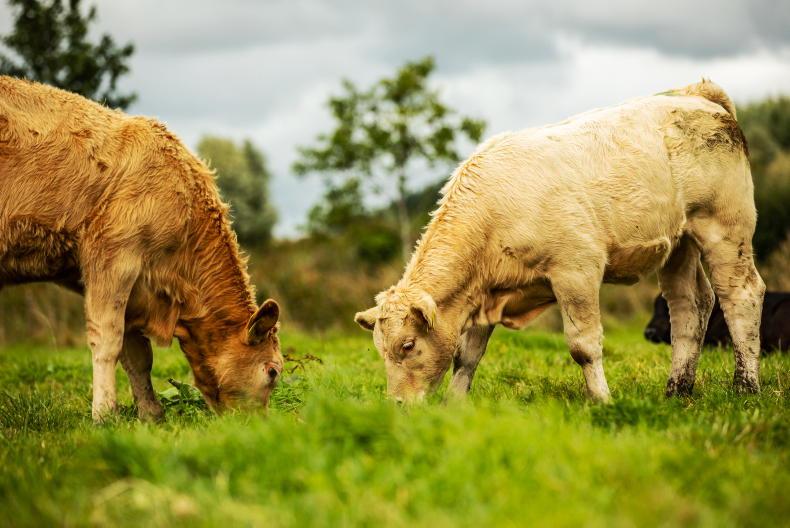
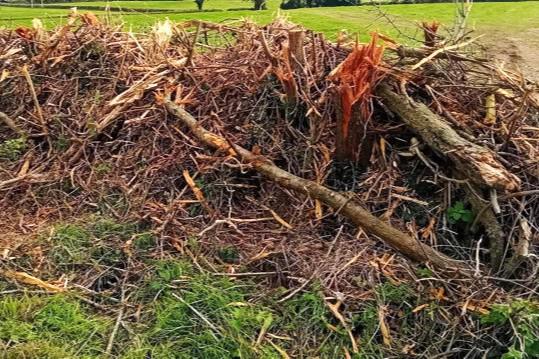
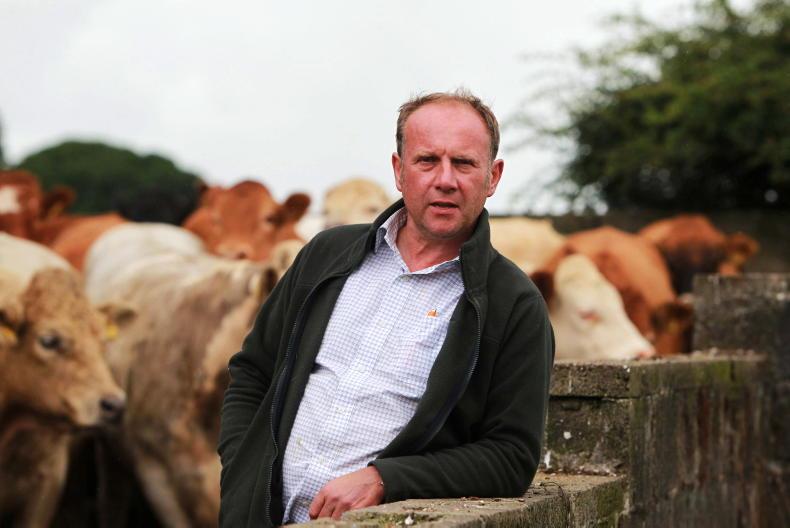
SHARING OPTIONS